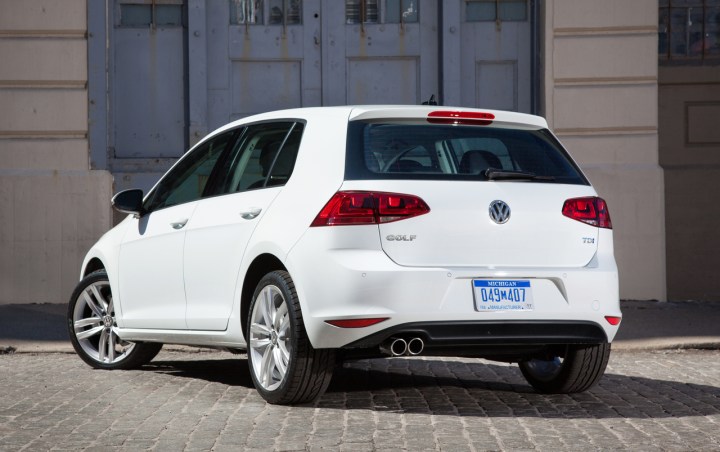
On September 25, the brand issued a press release detailing the bulk of the changes, the most prominent of which is the merger of the U.S., Canadian, and Mexican markets into one entity. Effective November 1, the markets will combine to create the North American market, and it will be led by former Chairman of the Board at Skoda Prof. Dr. Winfried Vahland.
“The new structure strengthens the brands and regions, gives the Group Board of Management the necessary leeway for strategy and steering within the company, and lays a focus on the targeted development of future-oriented fields,” said Berthold Huber, interim Chairman of the Supervisory Board.
Vehicle manufacturing is also set to evolve, as the production department at the Volkswagen Group level will be abolished effective immediately. Going forward, regional brands will have much greater independence with regard to automobile construction, meaning each nameplate will have more accountability for its own actions.
“One key point is that we are scaling back complexity in the Group,” continued Huber. “In recent weeks, we have already undertaken important steps such as separating Group and brand functions. We will not lose any time. The new management model will be implemented at the beginning of 2016.”
In the meantime, Porsche boss Matthias Müller has been appointed Volkswagen Group CEO in the wake of Martin Winterkorn’s resignation.
“My most urgent task is to win back trust for the Volkswagen Group — by leaving no stone unturned and with maximum transparency, as well as drawing the right conclusions from the current situation,” said Müller. “Under my leadership, Volkswagen will do everything it can to develop and implement the most stringent compliance and governance standards in our industry. If we manage to achieve that then the Volkswagen Group with its innovative strength, its strong brands, and above all its competent and highly motivated team has the opportunity to emerge from this crisis stronger than before.”


